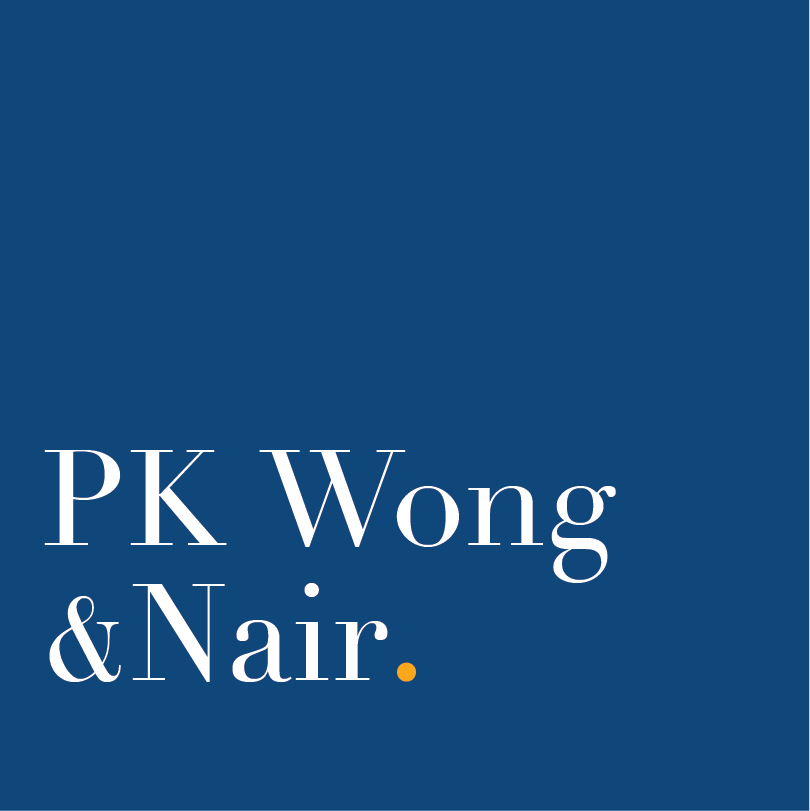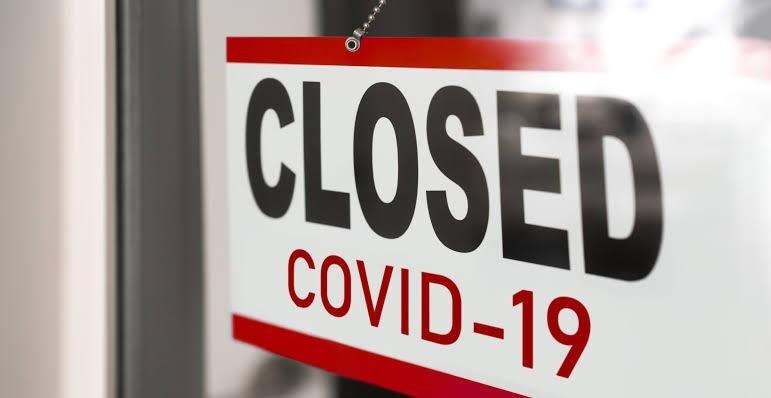Introduction
The Covid-19 pandemic and the ensuing lockdown implemented across the globe has wreaked havoc on businesses. Singapore has been no exception. Since April 7, as part of its efforts to curb the spread of Covid-19 and contain the pandemic, the Singapore government has implemented “Circuit Breaker Measures”. This includes the closure of workplace premises of non-essential businesses. For many businesses, particularly in the hospitality and entertainment sector, this amounts to a full shutdown of their operations. While the Circuit Breaker Measures have officially been lifted as of June 2, most of these businesses have not been allowed to resume operations, and it remains uncertain exactly when they will be allowed to do so.
It makes sense, therefore, that these businesses would look at making claims under their “All Risks Policy” for business interruption. Many such claims will likely be rejected by Insurers who will likely argue that their respective policies do not cover business interruption claims arising from Covid-19. Businesses, however, need not treat this at the end of the matter.
Wording is Everything
One common line of argument adopted by Insurers is that the policy will only allow for a claim for business interruption (covering loss of revenue or profit) that a business may suffer as a result of property damage. While it may be that many policies are drafted (or intended to have been drafted) in this manner, ultimately it boils down to specific terms and wording of each policy.
Many business interruption policies will contain extensions to coverage which may be triggered by non-physical damage. For example, there may be extensions which specifically cover infectious or contagious diseases or business interruption arising from an order for closure made by a competent public authority. As such, the wording of the policy, and the specific extensions need to be scrutinised to determine precisely the scope of coverage. Ambiguity in the wording of the policy may also play to the Insured’s advantage given the contra proferentem rule.
Can an outbreak constitute physical damage?
Unfortunately, it is inevitable during this pandemic that outbreaks will occur at places of business which would bring about the dreaded “cluster” label and result in an order to shut down for an extended period of time. Would this constitute physical damage such that a claim may be made under a policy?
Given that recent events have been quite unprecedented, there is not a great deal of jurisprudential guidance on this issue especially in relation to pandemics. However, parallels may be drawn from similar cases.
On March 30, 2020, the Ontario Superior Court of Justice released its opinion in the MDS, Inc. et al v. Factory Mutual Insurance Company (“MDS”). In MDS, the plaintiff purchased radioisotopes from the Atomic Energy of Canada Limited’s Nuclear Research Universal Reactor (“NRU”). In 2009, the NRU sustained a water leak which contained radioactive material. The facility was thus ordered to be shut down. This shut down eventually lasted 15 months and the plaintiff sustained loss of profits in excess of CAD121 million. The plaintiff thus sought to make a claim for property damage under its “All Risks Policy”
The main area of contention in MDS was whether physical damage under the All Risks Policy in question should be defined only to include actual physical damage or does the loss of use of the property (arising from the ordered shut down) also constitute physical damage. Holding in favour of the plaintiff, the Ontario Superior Court of Justice defined physical damage to include impairment of function or use of tangible property caused by the unexpected leak of the radioactive water.
It remains to be seen, however, whether the Courts in the various common law jurisdictions would adopt a similar definition of physical damage in relation to ordered Covid-19 outbreaks occurring in an insured property and the resulting loss of use of the said property.
Conclusion
While most business interruption claims relating to Covid-19 will likely be rejected by insurers/loss adjusters in the first instance, it may not be advisable for businesses to accept the basis for doing so and may wish to pursue its legal rights in that regard or seek to work out an amicable resolution with their insurers.
Given the potential for domino claims, if insurers allow Covid-19 related claims, it may be that litigation is unavoidable before clarity as to the scope of coverage may be obtained. Most recently, a Paris court has ruled that AXA should pay a restaurant owner two months’ worth of revenue losses caused by the Covid-19 pandemic. AXA had unsuccessfully argued that its policies did not cover business interruptions caused by the pandemic. In the UK, Aviva has publicly stated it expects GBP160 millions in claims related to the pandemic in the second quarter of the year. It is foreseeable that similar claims will be litigated in Singapore as well.
For more information, feel free to contact Joel Yeow.
“The information provided in this page is for general informational purposes only and is not intended to constitute legal advice. We do not warrant its accuracy or completeness or accept any liability for any loss or damage arising from any reliance thereon. While we strive to provide accurate and up-to-date information, the legal landscape is constantly evolving, and the details of any given case may change over time.”

